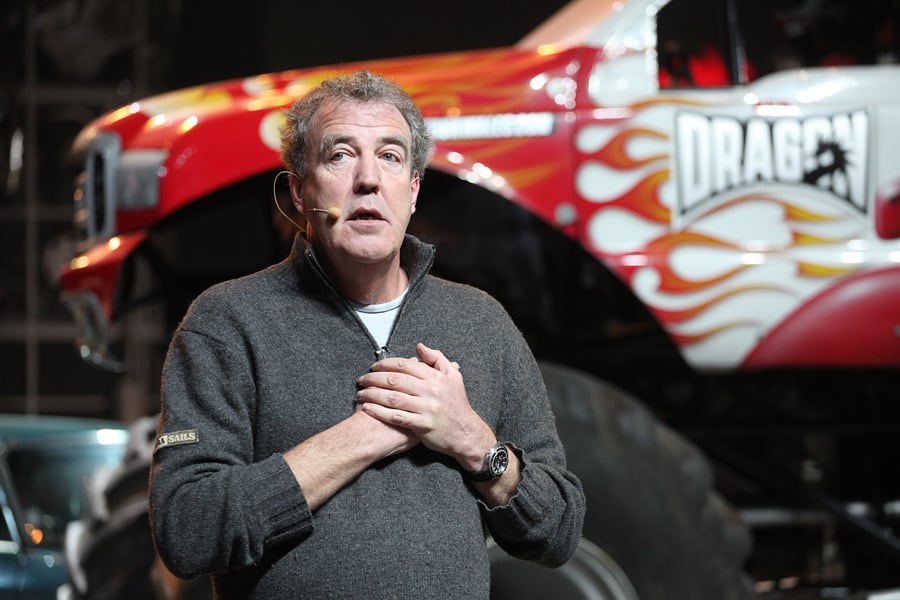With 35% of European farmers aged 65 or older, and only 11% under the age of 40, Europe is dealing with a ‘young farmer problem’ that could have serious implications for future food security.
A new study by EIT Food Consumer Observatory quizzed 30 young people across 12 European countries to gauge their perception of agricultural careers.
Factors putting them off a career in agriculture include a perception that it is “physically demanding, isolating and financially risky”, the research revealed.
Young people must be told about the tech progress in farming
But young Europeans are also excited by technological developments in the farming sector, the study made clear, and the possibility that agriculture can offer a highly skilled and scientific career path.
These traits must be better communicated in order to retain and attract young blood into the agricultural workforce, believes Durk Bosma, head of thought leadership at the Future of Food Institute.
“Young people currently don’t realise that agriculture has changed into a high-tech industry,” he told AgTechNavigator. “There is a need to shift this image and that’s what our research proves.”
If young people associate farming with toiling on the land and hard physical labour it’s not, perhaps understandably, very appealing to them, he continued.
“But as soon as they realise that being a farmer also means flying a drone and having a robot on the field that does all the work for you instead of driving a tractor all day that is quite different from the current image people have.”
The younger generation is also a more tech-savvy one. Younger people generally find it easier to use new technology compared to older generations, Bosma told us.
“The farming population is not only ageing but also a bit more conservative in nature. Young people will be more appealed by using technology and will find it easier to use definitely.”
Young people fear following a financially risky career path
The study aims to start a conversation about the factors that cause young people to decide against a career in agriculture, and how these barriers might be addressed.
The researchers recommend further research into the topic in order to enable more targeted, effective communication and engagement strategies for the sector.
They believe educators and industry can communicate around agriculture careers and improve engagement with young people – particularly with those who lack first-hand experience of the sector.
They are also urging policymakers to help make farming a less financially risky career option. “One of the things we found in the research is that farming at the moment is considered a high-risk career and not just because of the weather,” Bosma said. “Regulations are constantly changing. Farmers need more certainty from policymakers.”
Farming misnomers must be addressed
Meanwhile, young people often unfairly single out farmers as the main culprits for climate change. There needs to be greater recognition that farmers should be partners in climate solutions rather than scapegoats, Bosma suggested.
“They need to be more respected as providers of food and they get blamed for all kinds of environmental issues,” he said. “Young people see this sentiment in media and that determines whether they would consider this career.”
There’s “absolutely” a link between farmers being blamed for environmental damage and younger people being hesitant about a farming career, he said. “The image that young people often have does not necessarily reflect that reality. More favourable media would lead to more students enrolling in the agricultural programmes, he believes.
“The agricultural universities can use the outcomes of this research to communicate to their potential students about what a great industry this is where you can work outside, in the nature, and you work with tech and you’re doing something useful for the world. These things appeal to young people and should motivate them to enrol.”
Tech’s eco-friendly credentials must be lauded
The ability of technology to make farming more environmentally sustainable is potentially of huge appeal to a younger generation, Bosma stressed.
“This idea that technology can make agriculture more sustainable is a connection currently not being made. We’ve researched this. One of the main things you can do to make agriculture more sustainable is to increase the yield and that’s what technology does. This is something the industry needs to explain better. There is an opportunity to communicate that we are inventing all kinds of things, like robotic weeders, to replace chemicals.”
Attracting young people into the farming profession has “never been more of a priority”, added Klaus G. Grunert, professor of marketing at Aarhus University and lead of the Consumer Observatory.
“Recruiting the farmers of tomorrow, who will be trailblazers in adopting sustainable practices, is essential if we want to feed our growing population.”




